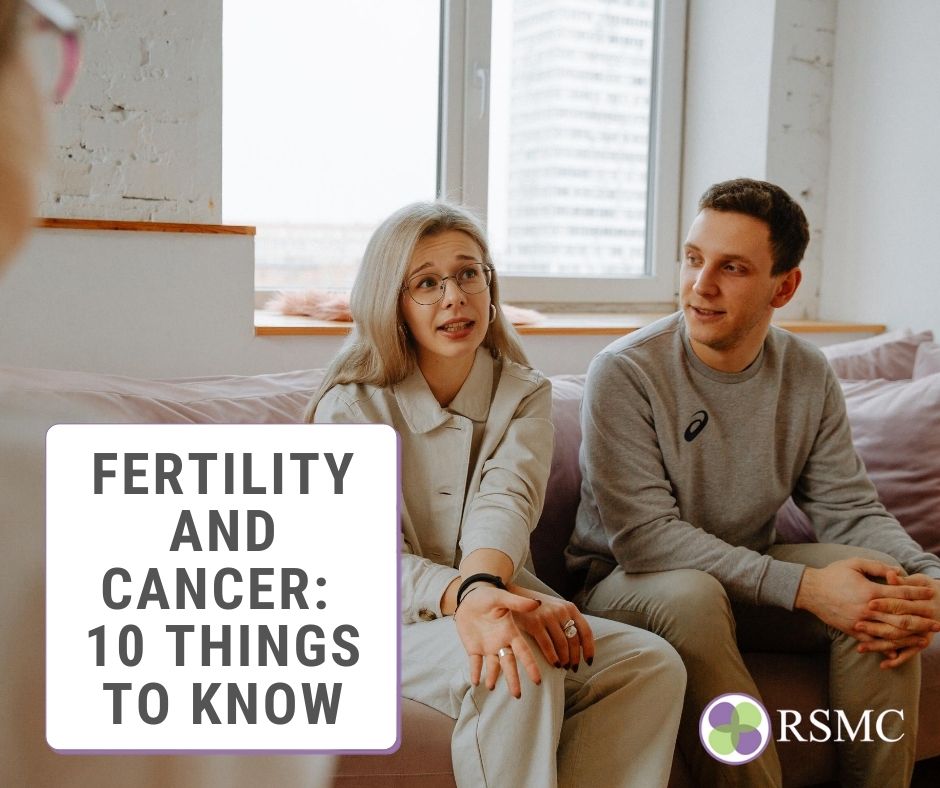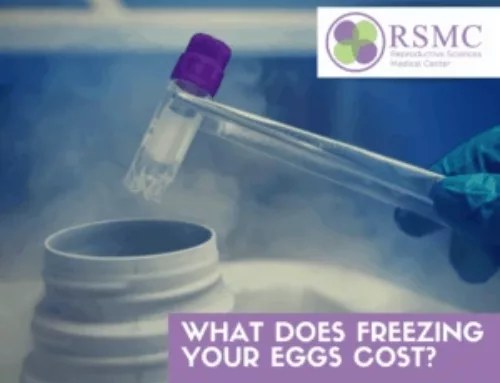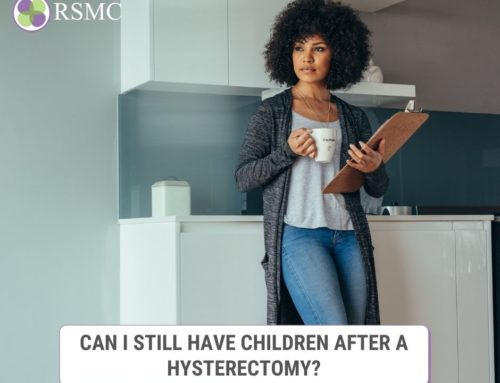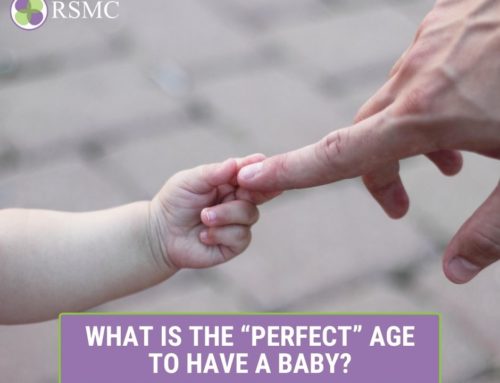Some cancer treatments can affect patients’ ability to conceive in more than one way. During the treatment – an unexpected pregnancy could pose a great risk whereas, later on, it may result in infertility. This can be devastating for cancer patients who are still planning to have children. But recent advances in reproductive medicine are providing hope. Now there are a lot of options to oncology patients who want to have a baby. For hopeful parents who visit our fertility clinic in San Diego, CA, egg freezing, also known as oocyte cryopreservation, is now a go-to option before they commence cancer treatment to prevent the risks.
1. Can cancer treatment lead to infertility?
Even though not all cancer treatments result in infertility, some can. The common types of cancer treatments that impact fertility include certain types of chemotherapy. Moreover, a surgical operation involving the removal of reproductive organs, and radiation to the belly and bony pelvis can contribute to infertility as well. Scientists are yet to know how and whether some newer cancer treatments can affect fertility.
2. How will cancer treatment affect my fertility?
The answer to this question depends on a lot of things. To name a few, your age, present fertility status, and the type of cancer treatment you undergo. Some patients may experience temporary infertility after treatment, while others might be infertile for the rest of their lives. Fertility doctors at our San Diego fertility clinic can help you evaluate your personal risk and find out how egg freezing can help you.
3. How long will I need to avoid pregnancy during cancer treatment?
You have to avoid sex or use an effective form of contraceptive while undergoing cancer treatment. Moreover, you should not try to get pregnant within 6 months of completing chemotherapy, as it may raise the odds of having a miscarriage or a child with a genetic abnormality.
4. How long should I wait to conceive after cancer treatment?
You and your medical team need to discuss when it’s “okay” for you to get pregnant. The right timing varies from one patient to another and from one cancer type to the other. Generally, women who have undergone cancer treatment need to wait at least a minimum of two years before trying to become pregnant. This will enable your body to fully recover from the effects of treatment. Additionally, it will give you ample time to get past the window of a cancer recurrence. If the cancer treatment has resulted in late effects that can make handling pregnancy harder, you need to consult with a maternal-fetal medicine specialist before attempting to conceive.
Remember that cancer and its treatments can significantly decrease your fertility. Because of these risks, we recommend consulting a fertility specialist and plan on freezing your eggs before commencing the treatment.
5. My spouse is pregnant. Is there a reason to abstain from sex during my cancer treatment?
Drugs used in chemotherapy can be excreted in vaginal secretions and semen. Hence, you need to use a condom to prevent your spouse from getting exposed to them. Exposure to these drugs might cause birth defects. If your platelet counts or white blood cell counts are low, you may be advised to stay away from sexual intercourse since you may be at higher risk for bleeding or infection.
6. What are the available fertility preservation options for women preparing to undergo cancer treatment? How can the Egg Freezing Process help?
There are a lot of ways to preserve fertility for women. The commonest way is through assisted reproductive technologies to freeze eggs and/or embryos. Ovarian transposition is recommended for cancer patients who will receive high doses of potentially harmful radiation to their abdomen and pelvis. In the surgical procedure, the woman’s ovaries are moved away from the radiation field in order to prevent them from being harmed.
Another great option is to suppress the woman’s ovaries with drugs to make them more numb to the effects of chemotherapy. However, this is still regarded as experimental.
Ovarian tissue cryopreservation is the only way to preserve the fertility of patients who are yet to attain puberty. Even though this is also considered experimental, babies have been born through this method.
7. As women have the egg freezing option, what are the available fertility preservation methods for men preparing to undergo cancer treatment?
For adult males, the most common and effective way to preserve fertility is by banking their sperm before commencing cancer treatment.
For teenage boys who are yet to attain puberty, the only option to preserve their fertility is by undergoing testicular tissue freezing.
8. I’m no longer having my period. Could I still become pregnant?
Well, it depends. Certain cancer treatments can make women stop menstruating, but this can be temporary or lifelong. Hence, a woman may still conceive if she ovulates (that is, release an egg from her ovaries) before her menses return. However, if her periods don’t come back, that means she is in early menopause. In that case, it is very unlikely for her to get pregnant.
9. What should I ask my physician about cancer, its effect on fertility & egg freezing?
You need to ask if your cancer treatment can lead to infertility and if yes, what your individual risk is. Also, you should ask about the available option to preserve or safeguard your fertility before you begin treatment. If you want to know more, ask your physician to refer you to a fertility expert who can advise you about your risk and offer fertility preservation treatment such as egg freezing.
10. When do I need to talk to my doctor about my fertility?
You have to speak with your doctor about your fertility as soon as possible during diagnosis and before you begin treatment. The sooner you have the discussion, the more option you will have if you choose to go for fertility preservation treatment. However, you should still talk to your doctor about your ability to conceive, even if you were unable to do so before treatment since you may still plan to have children after cancer.
Conclusion:
Interested to know more about how cancer can affect your fertility health? Do you want to see how the RSMC Fertility clinic located in San Diego, California can help you with fertility preservation options such as egg freezing to overcome the risks due to cancer? Schedule a consultation with us or visit our website to find out more.























